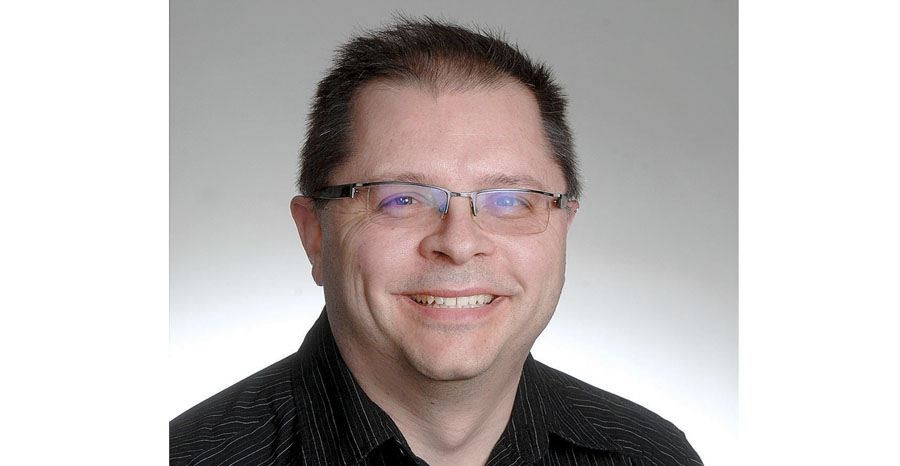The federal Liberals are quickly finding out announcing a national inquiry into missing and murdered aboriginal women was the easy decision. Never mind implementing whatever recommendations come out of the inquiry, the Liberals have discovered that deciding the framework of the inquiry will be challenging because it will set the tone for everything to come.
As the Canadian Press story in the print edition of Monday's Citizen pointed out, while there's wide agreement of what the problems are, there is also a wide discrepancy of how to approach and discuss the problems.
It's obvious in the statement made by Rape Relief spokeswoman Hilla Kerner:
"Aboriginal women are vulnerable to male violence first and foremost because they are women, then because they are aboriginal, and then because they are poor," she said.
"The intersection between colonialism and sexism plays a crucial role."
That sounds entirely logical.
Except that an advocate for the poor could state the exact opposite, that aboriginal women are vulnerable to male violence first and foremost because they are poor, then because they are aboriginal and, lastly, because they are women.
Neither of those perspectives are wrong, when argued from those viewpoints.
For Kerner, the common denominator is women. Not all of the missing and murdered women are indigenous, not all of them were poor but they are all women, therefore the inquiry should start from a feminist perspective. In such a light, the focus would be on a patriarchal society and culture where males assert dominance, right down to the way violence against women is perceived.
Since the problems are at a systemic level, any solutions less than the removal of patriarchy and a thorough reconstruction of gender relationships are temporary and shallow.
Notice how there's no mention of race and wealth.
Feminism's fatal flaw has always been its relegation of these two essential societal factors to the sidelines. While they are not ignored in their entirety, they are diminished in their relevance, sometimes to the point that racism and wealth inequality are simply expressions of patriarchy.
This blind spot doesn't belong to feminism alone.
Advocates for the poor get so caught up in their protests against a capitalist system that allows the richest 62 people in the world to have as much wealth as the entire bottom half of the world's population combined that they make themselves blind to gender and racial influences. Same goes for the activists who argue that a national inquiry into missing and murdered women would be racist from the outset, since not identifying the victims as indigenous would be to make them invisible.
Deciding the framework for a national conversation into an important issue is hardly a new problem.
Back in the day when federal governments conducted royal commissions to do this kind of work, there was the Royal Commission on Reproductive Technologies. Created in 1989, the commission held national hearings and filed its final report in 1993. The problem from the outset was how to talk about reproductive technologies, whether that should be from a feminist context, a medical context or an ethical context.
Headed by Patricia Baird, a geneticist and medical ethicist, it's no surprise the commission's conclusions were about medicine, ethics and law, with not much discussion about the gender, cultural and religious considerations to people wanting to choose the sex of their child, for example.
Whether the discussion is about reproductive technologies or missing and murdered aboriginal women, it is not enough to simply say everything is on the table.
If everything is important, then nothing is important. Decisions have to be made about where feminism, race and economic inequality meet and how contributions from each perspective can best come together to frame the discussion and then generate meaningful outcomes.
While coming to that point will be nowhere as painful as the grief and suffering felt by the friends and families of the missing and murdered, it will not be easy and there will be some who will feel victimized all over again, silenced by a process they had hoped would give them a voice.
-- Managing editor Neil Godbout



